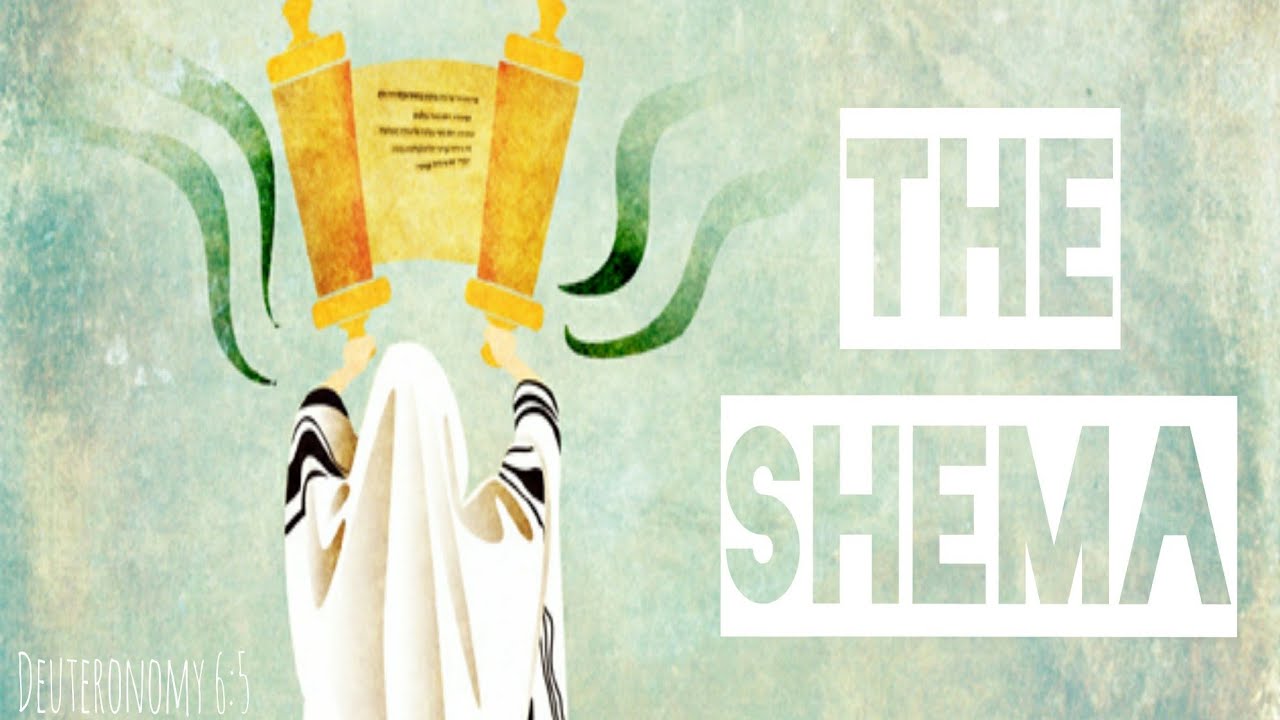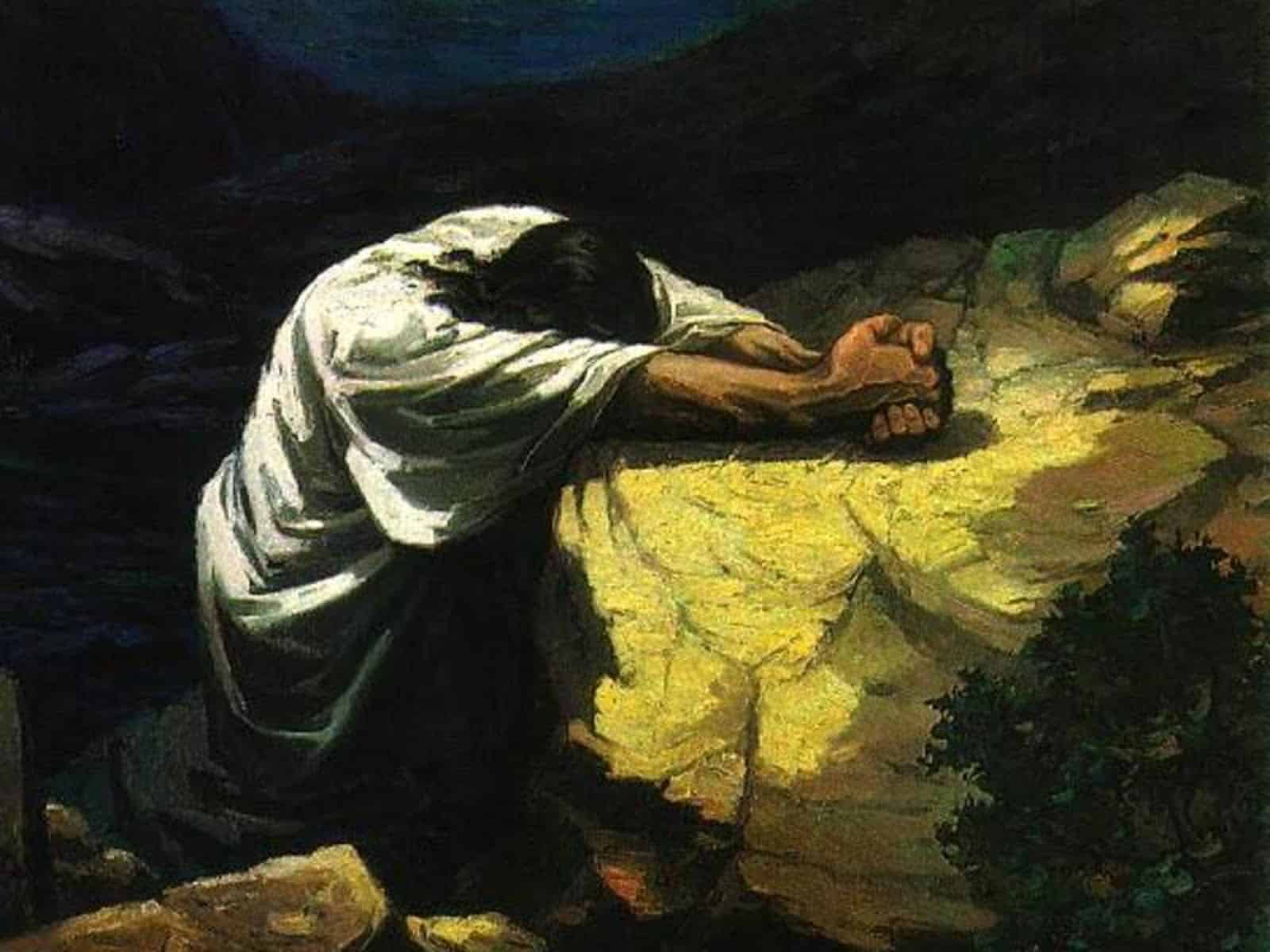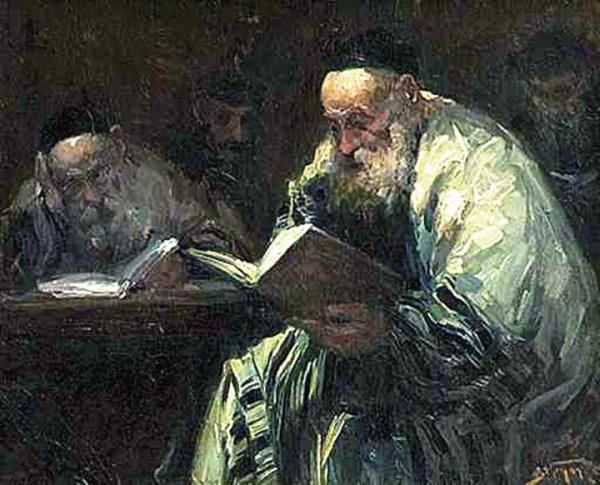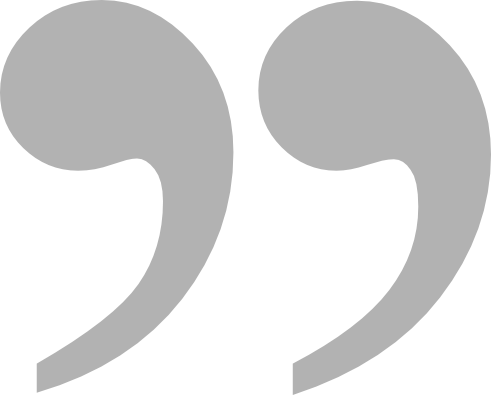|
This is a non-WLC article. When using resources from outside authors, we only publish the content that is 100% in harmony with the Bible and WLC current biblical beliefs. So such articles can be treated as if coming directly from WLC. We have been greatly blessed by the ministry of many servants of Yahuwah. But we do not advise our members to explore other works by these authors. Such works, we have excluded from publications because they contain errors. Sadly, we have yet to find a ministry that is error-free. If you are shocked by some non-WLC published content [articles/episodes], keep in mind Proverbs 4:18. Our understanding of His truth is evolving, as more light is shed on our pathway. We cherish truth more than life, and seek it wherever it may be found. |

A few weeks ago, I taught “The Shema.” In preparation for this teaching, I researched the various Jewish traditions surrounding the central creed of Israel. But before we go any further, do you know what “the Shema” is? The word “Shema” is the imperative form of a Hebrew word meaning “hear” or “listen,” and it is the first word in Deuteronomy 6.4. Here is the section from the Bible:
“Hear, O Israel! The Lord is our God, Yahuwah is one! You shall love the Lord your God with all your heart and with all your soul and with all your might. These words, which I am commanding you today, shall be on your heart. You shall teach them diligently to your sons and shall talk of them when you sit in your house and when you walk by the way and when you lie down and when you rise up. You shall bind them as a sign on your hand and they shall be as frontals on your forehead. You shall write them on the doorposts of your house and on your gates” (Deut. 6.4-9).
Hear, O Israel!
|
The first point is that “the LORD is our God.” The words “the LORD” are how most translations indicate the name of God — YAHUWAH — as opposed to “the Lord,” which is a title, not Yahuwah’s personal name. Because of sensitivity to the Jewish people who believe the name should not be pronounced (though I have never found their arguments convincing) the translators of nearly all English Bibles translate God’s name — Yahuwah— as “the LORD” with all capitals. So this is step one: YAHUWAH is our God, not Apis, Hathor, Ra, Nut, Set, Issis, Baal, Asherah, Dagon, Chemosh, nor even Yahushua, but Yahuwah. Yahuwah is the only God for Israel — there are no other Gods for us other than Yahuwah. Paul, the Rabbi, confirms this when he says:
“Therefore concerning the eating of things sacrificed to idols, we know that there is no such thing as an idol in the world, and that there is no God but one. For even if there are so-called gods, whether in heaven or on earth, as indeed there are many gods and many lords, yet for us there is but one God, the Father, from whom are all things and we exist for Him; and one Lord, Yahushua Christ, through whom are all things, and we exist through him” (1 Corinthians 8:4-6).
In other words, there may be other “so-called gods” but for us there is only one God — the Father. Furthermore, there is one lord — Yahushua the Messiah. Thus, Paul appends alongside the Shema a statement about Yahushua, but not in such a way that it infringes upon the simple declaration of Yahuwah’s oneness as our God. The lord Yahushua has a separate office — lord. It is quite clear that we have one God and one lord. Our one God is the Father and our lord is Yahushua the Messiah.

Back to the Shema. The second point is equally simple: “The LORD is one!” Yahuwah is one. Yahuwah is indivisible. He is a singular being who cannot be fragmented. When Yahushua quoted the Shema he said, “Hear, O Israel! The Lord our God is one Lord” (Mark 12:29). Many theologians have tried for many years to make the word “one” mean “three” unsuccessfully. Fortunately, the word “one” is not at all a fuzzy word, for it is the cardinal number — the word that someone would start with when counting. Yahuwah is one, not two, not three. This simple irrefutable point is highlighted by the tens of thousands of singular pronouns and verbs used of Yahuwah. Yahuwah is a “He,” not a “They.” When He speaks He does not say “we” but “I.” This point is emphatic in Deuteronomy and Isaiah:
1 =/= 3 |
“To you it was shown that you might know that the LORD, He is Yahuwah; there is no other besides Him...Know therefore today, and take it to your heart, that the LORD, He is Yahuwah in heaven above and on the earth below; there is no other” (Deut. 4:35, 39).
“Thus says the LORD, your Redeemer, and the one who formed you from the womb, ‘I, the LORD, am the maker of all things, stretching out the heavens by Myself and spreading out the earth all alone’” (Isa. 44:24).
“I am the LORD, and there is no other; Besides Me there is no God. I will gird you, though you have not known Me, that men may know from the rising to the setting of the sun that there is no one besides Me. I am the LORD, and there is no other, the One forming light and creating darkness, Causing well-being and creating calamity; I am the LORD who does all these...For thus says the LORD, who created the heavens (He is the Yahuwah who formed the earth and made it, He established it and did not create it a waste place, but formed it to be inhabited), ‘I am the LORD, and there is none else’” (Isaiah 45:5-7, 18).
“Remember the former things long past, For I am Yahuwah, and there is no other; I am Yahuwah, and there is no one like Me” (Isaiah 46:9).
The Scriptures are unmistakably clear on this point (and there are many more verses that could be quoted to demonstrate the case). Yahuwah alone is God. He is an “I,” not a “We” and He is very particular to get this point across to his people. He wants them to know “I am Yahuwah, and there is none else.” But the Shema does not end in Deuteronomy 6:4; it continues to verse 5 which says: “You shall love the LORD your God with all your heart and with all your soul and with all your might” (Deut. 6:5).
Just as Deuteronomy 6:4 tells us who our Yahuwah is and how many He is, verse 5 tells us our proper action towards Him. We are to love Him with everything. Not just our hearts and strength but with our very lives! We love Yahuwah, our God, with our emotions, actions, and entire beings. This second part of the Shema is impossible without the first part. For if there are three who are God, then we can never love any of them with everything. At best, we could love each of them equally (one-third to each). However, the advantage of strict monotheism is that we can fix our single-hearted focus on Yahuwah and love Him single-mindedly — with every fiber of our being.
In researching the Shema and how the Hebrew people have clung to this simple, central creed, I came across an incredible story about a second-century Jewish martyr. His name was Rabbi Akiva, and he may be familiar to you because he hailed Simon Bar Kokhba as the Messiah in the second Jewish revolt, which ended in disaster in AD 135.
 Well, anyhow, after the failed revolution of the Jews against Rome, the policy was set that the Torah (the Law) could no longer be taught on the pain of death. Rabbi Akiva loved Yahuwah so much that he taught Torah despite the Roman law forbidding it. When the Romans found out, they sentenced him to a painful death. They took a large iron comb and scraped off his 90-year-old flesh. When Rufus [the Roman commander] condemned the venerable Akiva to the hand of the executioner it was just the time of day to recite the Shema. Full of devotion, Akiva recited his prayers calmly, though suffering agonies; and when Rufus asked him whether he was a sorcerer since he felt no pain, Akiva replied, “I am no sorcerer; but I rejoice at the opportunity now given to me to love my God ‘with all my life,’ seeing that I have hitherto been able to love Him only ‘with all my means’ and ‘with all my might,’” and with the word ‘One!’ he expired.” Akiva wanted to love Yahuwah with everything, including loving Yahuwah to pour out his soul to death.
Well, anyhow, after the failed revolution of the Jews against Rome, the policy was set that the Torah (the Law) could no longer be taught on the pain of death. Rabbi Akiva loved Yahuwah so much that he taught Torah despite the Roman law forbidding it. When the Romans found out, they sentenced him to a painful death. They took a large iron comb and scraped off his 90-year-old flesh. When Rufus [the Roman commander] condemned the venerable Akiva to the hand of the executioner it was just the time of day to recite the Shema. Full of devotion, Akiva recited his prayers calmly, though suffering agonies; and when Rufus asked him whether he was a sorcerer since he felt no pain, Akiva replied, “I am no sorcerer; but I rejoice at the opportunity now given to me to love my God ‘with all my life,’ seeing that I have hitherto been able to love Him only ‘with all my means’ and ‘with all my might,’” and with the word ‘One!’ he expired.” Akiva wanted to love Yahuwah with everything, including loving Yahuwah to pour out his soul to death.
Jewish Encyclopedia of 1906: “It [the Shema] is the last word of the dying in his confession of faith. It was on the lips of those who suffered and were tortured for the sake of the Law. Rabbi Akiva patiently endured while his flesh was torn with iron combs and died reciting the ‘Shema.’ He pronounced the last word of the sentence, ‘Echad’ (one), with his last breath. During every persecution and massacre, from the time of the Inquisition to the slaughter of Kishinef, ‘Shema’ Yisrael’ have been the last words on the lips of the dying.”
Indeed, the Shema is the precious confession of faith that Yahuwah is our God, that He is one, and that we are to love Him with everything, even if faced with torture and death.
But, that’s not all! The Jewish understanding of the Shema includes not only Deuteronomy 6:4-5 but also verses 6-9: “These words, which I am commanding you today, shall be on your heart. You shall teach them diligently to your sons and shall talk of them when you sit in your house and when you walk by the way and when you lie down and when you rise up. You shall bind them as a sign on your hand and  they shall be as frontals on your forehead. You shall write them on the doorposts of your house and on your gates” (Deut. 6:6-9).
they shall be as frontals on your forehead. You shall write them on the doorposts of your house and on your gates” (Deut. 6:6-9).
The Shema is to be in the Israelites’ hearts; it is to be taught to their children. Jewish children are taught the Shema as soon as they can learn it. Furthermore, the Shema is said at least twice daily, in the morning and the evening. The Shema is contained in the tefillin, black leather boxes worn on the head and arm during prayer. In this way, the commandments are bound as a sign. Lastly, the Shema is written on a scroll and placed in the mezuzah installed on the house's doorpost.
Suffice it to say that the Shema was and is the central creed of Judaism. But, then, what about us? Should Christians adopt the creed of Israel as our creed? I have two responses to this question: one from Yahushua and one from Paul.
In Mark 12:28-34 we find a scribe asking Yahushua a serious question, “What commandment is the foremost of all?” Yahushua replied by quoting the Shema, “Hear, O Israel! The Lord our God is one Lord; and you shall love the Lord your Yahuwah with all your heart, and with all your soul, and with all your mind, and with all your strength.” Yahushua added to the Shema a second commandment (from Leviticus 19:18) when he said, “The second is this: You shall love your neighbor as yourself.” The Shema is the central creed for Yahushua! This should not be too shocking after all because Yahushua was a Jew who lived the commandments contained in the Hebrew Scriptures. If the Shema is the creed of Judaism, then Yahushua would adopt it as his own personal creed. So, if the Shema was Yahushua’s central creed and Yahushua is our lord and example, should we not adopt it as our creed? Shouldn’t we worship the same God whom Yahushua worshiped? We may adopt other truths besides the creed of Yahushua and Israel, but we may not contradict the truth contained within the Shema.
We may not say God is three since the Shema asserts that our God is one individual —Yahuwah— but we may add alongside the Shema, as Paul did in 1 Corinthians 8:6, that Yahushua is our lord Messiah.
|
In other words, we may not say God is three since the Shema asserts that our God is one individual —Yahuwah— but we may add alongside the Shema, as Paul did in 1 Corinthians 8:6, that Yahushua is our lord Messiah.
The second response to the question of whether or not we should adopt the Shema as our foundational creed concerning Yahuwah can be aptly summed up by these words: “Is Yahuwah the God of Jews only? Is He not the God of Gentiles also? Yes, of Gentiles also, since indeed Yahuwah who will justify the circumcised by faith and the uncircumcised through faith is one” (Rom. 3:29-30).
If the God of the Shema—the God of the Jews—is our God, then we do well to believe the way the Jews and Yahushua have, regarding His identity, oneness, and our love of Him. If we are the people of Yahuwah, then we worship the same God as the Jews, the God of Abraham, Isaac, and Jacob. Indeed He is also the God of Yahushua, who worshiped Him alone. May we be like our master.

This is a non-WLC article by Sean Finnegan.
We have taken out from the original article all pagan names and titles of the Father and Son, and have replaced them with the original given names. Furthermore, we have restored in the Scriptures quoted the names of the Father and Son, as they were originally written by the inspired authors of the Bible. -WLC Team








